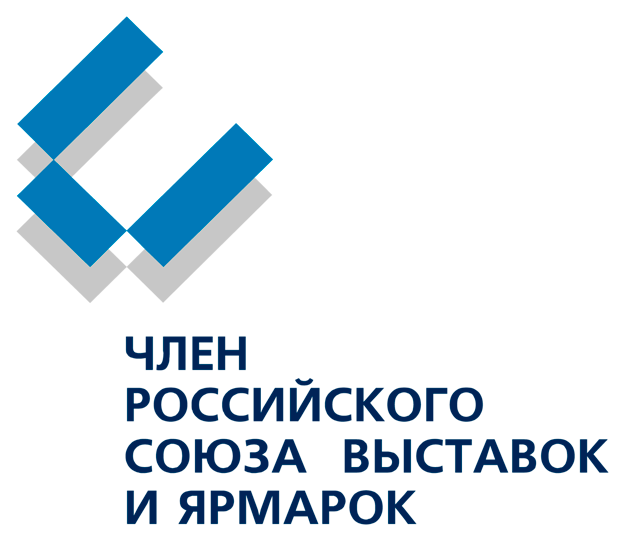School Education Will Become More Efficient Thanks to the Development of Quality Assessment System

The business program of ‘UchSib 2014’ Exhibition included a session of the Education Coordination Council at the Inter-Regional Association ‘Siberian Agreement’ devoted to the issue of quality assessment for municipal education systems and education organizations.
Using efficient quality assessment tools for education systems (from certain institutions to regional entities) will not only allow detecting strong and weak points of the education system but also help facilitate distribution of resources (including financial support) between these systems.
Deputy Chief of the Russian Federation State Duma Education Committee Irina Manuylova emphasized how important it is to stop viewing education quality assessment as the primary goal and start the management process based on assessment results.
‘It is important to change the initial position from the need to form the system of monitoring and systematizing the information to making decisions based on the results of using the created system. I think we should pursue this goal in the first place’, she noted.
Let’s take the innovation fund created in the Altay Region, for example. The funds from this fund are redistributed between municipal entities based on the analysis of innovative technologies that teachers introduced into the education process.
The Novosibirsk Region Ministry of Education, Science, and Innovation Policy is developing an official ranking system that will allow dividing municipal entities into three groups: leading districts, districts that need certain support, and districts that lack opportunities and motivation for further development. This principle will be used to determine ways and volume of support.
The formation of education quality assessment systems is performed at different levels. Therefore, experts emphasized that ideally the system should not impose additional load on teachers.
‘Working with teachers at various places, I always hear one and the same complaint: the reporting procedure is often excessively complicated’, told us Irina Manuylova. ‘And this reporting procedure is established at the lowest possible levels: at the education institution or at the local administration of a municipal entity. It is important that we understand how the creation of an education quality assessment system correlates at all levels from the federal level to the local school level, complements these levels and complies with the law requirements. I think that such a system will be perfect, when the parameters posted at the website of an institution will be sufficient for all systems of education quality assessment. That’s why such systems allow us to take extra load off teachers’. According to the information provided by the exhibition organizer, ITE Siberia Company, over 180 education institutions and companies take part in the ‘UchSib’ Exhibition. The list of participants includes the Novosibirsk Information Centre of the German Academic Exchange Service (DAAD), TBS group, s.r.o., the Czech company that provides services related to education and adaptation in the Czech Republic, foreign language school ‘Big Ben’, the Goethe German Cultural Centre, the Language and Culture Centre of China, the Israel Cultural Centre in Novosibirsk supported by the Israel Embassy in the Russian Federation.












